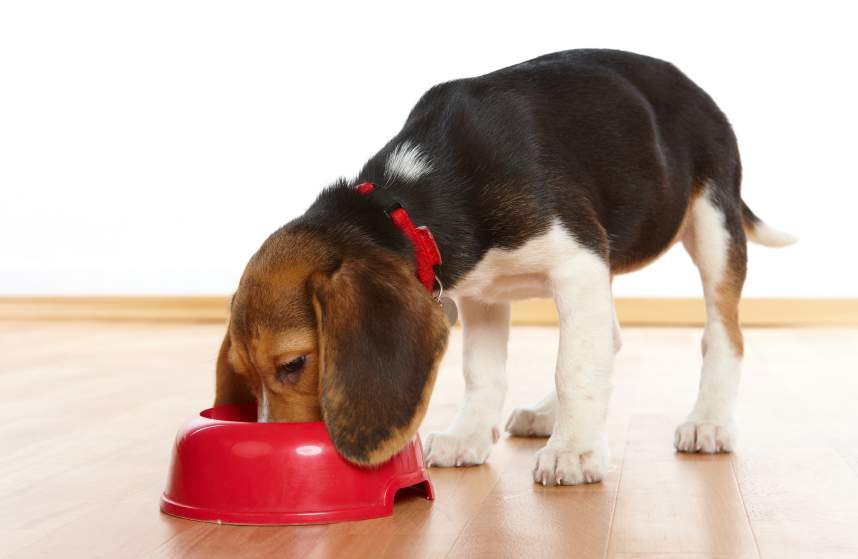
Pet owners are fortunate these days to have a wide range of feeding choices for pets including dry food, canned, and raw food diets.
There has been considerable controversy surrounding the feeding of raw food diets to cats and dogs. Some veterinarians are quite opposed to this diet because they feel that it’s an unsafe and nutritionally lacking diet. On the other hand, some veterinarians and nutritionists believe that is vitally important for animals to ingest raw meat. To supporters of this type of diet (including the author), there is no doubt that this is a more healthy and natural way to feed pets. Having said that, there are questions to ask yourself and precautions that need to be taken while considering if this is a diet you can safely provide to your pet.
Feeding a raw food diet should not be done with when:
- An animal has a compromised immune system. Very young, elderly, or ill animals have a compromised immune system.
- There are concerns about sanitation. Thoroughly washing hands with hot soapy water is a must after handling, serving, and cleaning up after raw food is fed. No one should be allowed to handle the food without doing this. Food must be stored and served correctly. This means no drippy or sloppy containers on the counter or in the refrigerator. Bowls or plates must be thoroughly washed with hot soapy water after each meal.
- A server is an immune-compromised person. Children are immune-compromised people (especially toddlers and children recently immunized) and should have no access to food.
Feeding a raw food diet does not mean just feeding raw meat, although some people will buy raw ground meat at the supermarket and make their own food based on this. Store-bought ground meat is notorious for being filled with pathogenic (disease-causing) bacteria because of the increased surface area of ground meat. If you want to make your own food, it is extremely important to consult with a veterinarian that has experience with raw food diets, as nutritional deficiencies can result. In general, to ensure the safety of a raw food diet, use commercially prepared food for pets. These diets are readily available from holistic veterinarians or pet supply stores.
In addition, there are some important facts to know if you are considering feeding a raw food diet:
- A lot of knowledge and quality ingredients are needed to formulate a safe and nutritionally balanced food. Do your research before deciding on a diet to feed.
- Never feed a raw diet made of ground raw beef or turkey that is not first frozen. The freezing process can kill most of the disease-causing bacteria. Some prepared raw diets are also irradiated.
- Be aware of the fact that some veterinarians do see gastrointestinal (GI) illnesses believed to be caused by raw diets. They also report seeing bones stuck in teeth or the mouth causing severe dental disease. Other medical issues may include diarrhea and vomiting when some animals switch to a raw diet. This can be avoided by slowly transitioning a pet to this new diet.
With careful consideration, following recommendations, and observing your pet’s reactions, a raw food diet can provide your pet with many health benefits! Also see this additional article on raw food diets for your pet…
Let us know in the comments section below if you currently feed your pet a raw food diet. Many people may not be aware of the special handling you need to consider before you embark (get what we did there!!!) on this path.





